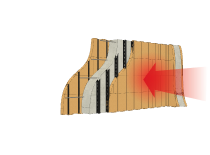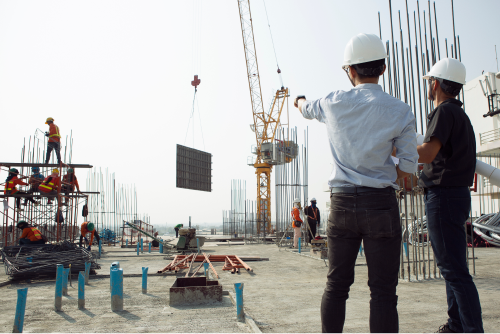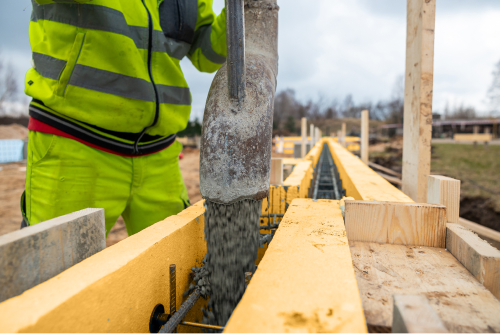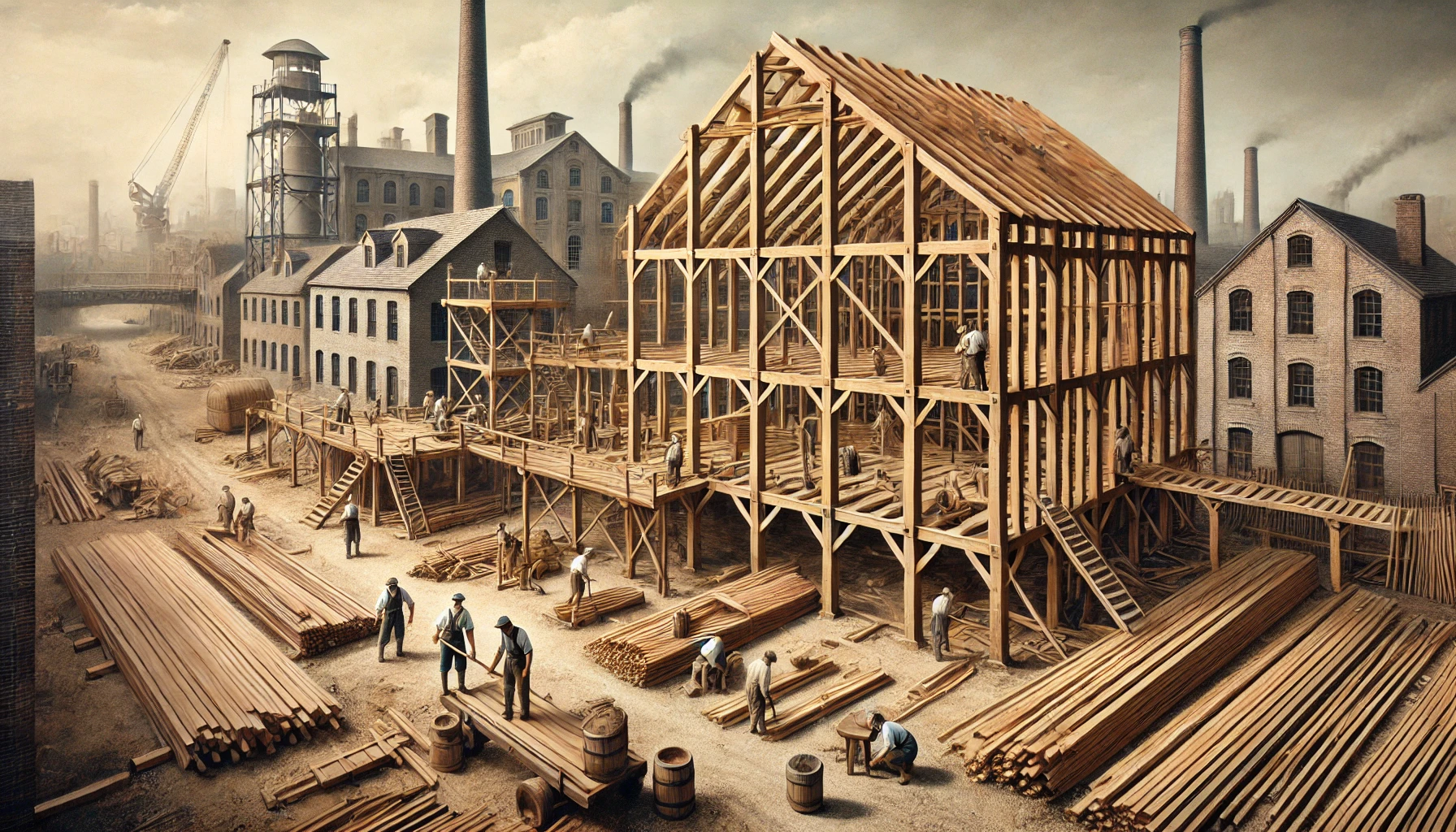The Evolution of ICF Construction
Insulated Concrete Forms (ICF) emerged in the 1940s to address the challenge of creating buildings that combine strength, durability, and energy efficiency. By integrating reinforced concrete with permanent insulating forms, ICF technology transformed construction practices, providing advantages over traditional wood-frame construction.
- Resilient structures that withstand winds up to 250 mph.
- Buildings that use 44% less energy to heat and 32% less to cool.
- Reduced construction time by up to 50%.
- Long-term durability that stands the test of time.
While the ICF industry relied on expanded polystyrene (EPS) for decades, advancements in material science created opportunities for improvement. Monolith’s advanced polyurethane technology addresses the limitations of traditional materials, offering a significant step forward in building science.
The Monolith Advantage: Moving Beyond Polystyrene
Why Polyurethane?
- Moisture Absorption: EPS can absorb water, compromising insulation performance.
- Fragility: Prone to damage during installation, leading to waste and delays.
- Fire Risk: Requires additional treatments to meet safety standards.
- Pest Attraction: Vulnerable to termites and rodents.
How Polyurethane Excels
| Feature | Traditional EPS ICF | Monolith Polyurethane ICF |
|---|---|---|
| Strength | Prone to crushing during handling and installation | 1.8x stronger, ensuring durability during seismic events and extreme weather |
| Water Absorption | Absorbs up to 2.95% moisture, leading to mold and compromised insulation | Zero water absorption, maintaining long-term integrity |
| Fire Resistance | Requires additional treatments to meet safety standards | Exceeds ASTM standards with 3+ hour resistance |
| Pest Resistance | Vulnerable to termites and rodents | Naturally resistant to pests without chemical treatments |
| Durability | Prone to wear and tear, leading to construction delays and material waste | Highly durable, withstanding wear during handling and installation |
Building Science in Action
Performance Overview
Monolith ICF combines innovative materials with advanced engineering to optimize performance across critical areas of construction.
Optimized Thermal Performance
- R-33 Insulation Value: Industry-leading thermal performance.
- HVAC Efficiency: Reduces equipment size by up to 50%, cutting operational costs.
- Energy Savings: Consistent reduction in heating and cooling expenses.
Resilience in Extreme Conditions
- High Winds: Certified to withstand wind speeds over 250 mph, offering unmatched protection in hurricane-prone regions.
- Seismic Events: Allows flexibility while preserving structural strength.
- Fire Safety: A protective char layer prevents flame spread, safeguarding occupants.
Acoustic Comfort
With a reduction of over 50 decibels, Monolith’s system delivers superior soundproofing, ideal for residential and commercial spaces.
Applications and Impact
Comprehensive Advantages
Monolith’s ICF technology benefits diverse building types by improving efficiency, resilience, and sustainability.
Residential Construction
- Energy Efficiency: Lower utility bills and reduced environmental impact.
- Safety: Disaster-resilient homes that protect against fire, storms, and seismic events.
- Quiet Comfort: Superior soundproofing for a peaceful living environment.
Commercial and Industrial Projects
- Streamlined Construction: 50% faster completion times.
- Durability: Long-lasting materials reduce maintenance costs.
- Code Compliance: Built-in fire resistance and insulation simplify regulatory adherence.
Disaster-Resilient Infrastructure
- Certified to withstand winds exceeding 250 mph, providing safety and durability in extreme weather conditions.
- Zero water absorption prevents damage from flooding.
- Enhanced seismic resilience reduces risk in earthquake zones.
Sustainability: Building for Today
- Reducing Carbon Footprint: Lower energy consumption during construction and operation.
- Minimizing Waste: Durable materials extend building lifespans, reducing long-term environmental impact.
- Local Production: Opportunities for regional manufacturing stimulate economies and reduce transportation emissions.
Conclusion: Ready to Build Stronger Communities
Monolith’s polyurethane ICF represents a transformative step in building technology:
- Unmatched Strength: 1.8x stronger than traditional materials.
- Energy Efficiency: R-33 insulation reduces heating and cooling costs.
- Resilience: Disaster-ready with superior fire, water, and seismic protection.
- Sustainability: Long-lasting materials align with green building standards.
This innovative system simplifies construction while enhancing safety, efficiency, and sustainability. Monolith isn’t just about building better – it’s about building smarter.
Ready to build stronger communities? Contact us to explore how Monolith’s “Better ICF” can transform your next project.












